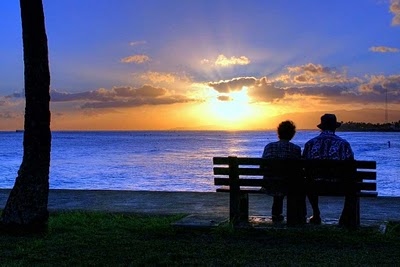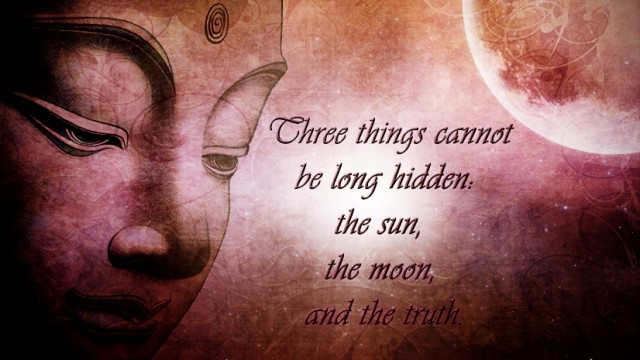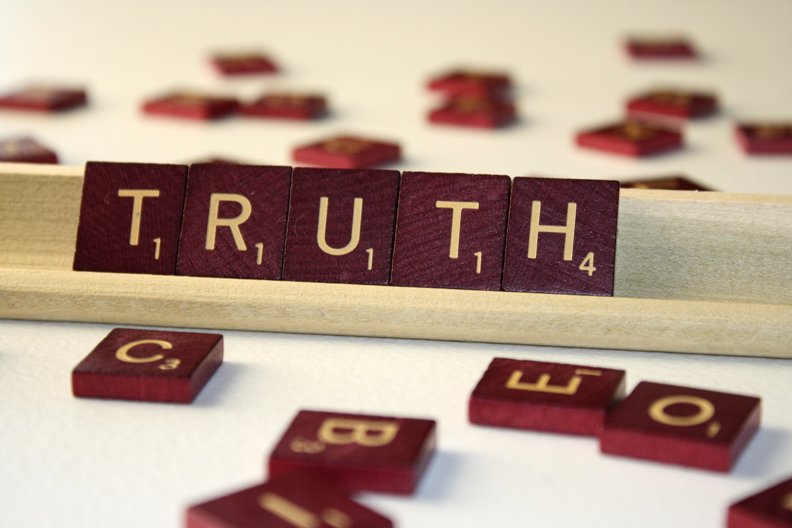“Speak your truth” is a commonly accepted phrase in North America these days. How widely and well it translates into other languages I don’t know, but it has fingernails on chalkboard effect (or affect) in me. If there is ‘my truth’ and ‘your truth’ there is no such thing as truth.
 I’ve had the unpleasant occasion in recent years to witness the end of life process in a number of family and friends. It has disabused me of a notion I had about what happens when someone stands on death’s door, or is on the walkway up to it.
I’ve had the unpleasant occasion in recent years to witness the end of life process in a number of family and friends. It has disabused me of a notion I had about what happens when someone stands on death’s door, or is on the walkway up to it.
I had the naïve notion that facing the certainty of death in one’s last years propelled most people toward an honest examination of their lives. But it turns out that for most people, the older we get, the more invested in ‘my truth’ we become.
There is a huge difference between ‘my truth,’ and ‘the truth as I see it.’ The former implies all the muddled relativism of past century; the latter implies ‘doing one’s work’ and the willingness to humbly but strongly stand up for what one has uncovered and discovered.
The best expression of ‘speak your truth’ I’ve ever heard comes from a friend in Pennsylvania, who tells those close to her: “Speak your truth and treat me as if I have the emotional maturity to handle it.”
As I understand that character-revealing statement, she’s saying, ‘speak the truth as you see it, and have faith I’ll meet it without defensiveness.’ That also implies that the person speaking the truth as he sees it has to be willing to look at himself, and allow the possibility he may be projecting some of his own stuff onto her.
This applies to both the personal and non-personal dimensions, to the relationship between friends and lovers, and to a passionate, dispassionate philosophical and spiritual enquiry.
Speaking the truth as one sees it implies a non-fixed, non-dogmatic attitude toward the truth. Saying (and meaning), ‘the truth as I see it,’ one is implicitly acknowledging that the certainty of clarity can easily be mistaken for obstinacy and rigidity.
Therefore one tacitly accepts the provisional nature of the truth, and is open to questioning one’s
perception of it, without falling into the trap of relativism.
Take this statement: Humankind is on a disastrous course. That truth is, as I see it, incontrovertible, but it’s surprising how many smart people have an extremely hard time simply acknowledging the fact. Indeed, the smarter a person is, the more they tend to complicate simple facts like these, because they know at some level that that it means loss of control, increased responsibility, and no longer having things both ways.
On this question of the basic course of humankind, a friend wrote recently saying, “I do see the heart wrenching and heartbreaking events in the world and also see the heartwarming ones as well. What do you make of those? Do you allow attention to notice them as well. I still maintain there is a way to hold both. Seeing the light does not mean I ignore the dark.”
This sounds very reasonable and emotionally intelligent, but it’s actually a very clever kind of avoidance and denial. Behind it is the idea that there is a ‘balance’ between darkness and light, and that they exist in some kind of proportion in the world and consciousness. It willfully ignores the fact that darkness is the overwhelming and growing reality of the world and human consciousness.
Such a stance is merely a more cunning version of positive thinking. It’s ba sically saying: ‘Since I can’t deny darkness completely, I’ll take the attitude that darkness and light exist in some kind of proportion, and I’ll choose to see the light.’ But it just doesn’t work that way, and ‘choosing to see the light’ actually means adding to the darkness.
sically saying: ‘Since I can’t deny darkness completely, I’ll take the attitude that darkness and light exist in some kind of proportion, and I’ll choose to see the light.’ But it just doesn’t work that way, and ‘choosing to see the light’ actually means adding to the darkness.
Talking about the darkness in the world and human consciousness is labeled ‘negative,’ which is just about the worst thing you can accuse a person of in America. But is it negative, or truly positive? The exponential growth of darkness in human consciousness (which for all intents and purposes has become human consciousness) is causing all but the strongest hearts to shut down and all but the strongest spirits to quit on humanity.
The contradictory and logically impossible notion that things are both getting better and getting worse is comforting, and false. Maintaining both are true denies seeing and feeling the tremendous urgency for radical change in human consciousness, beginning within oneself.
To heal oneself and help others heal themselves, as well as meet the crisis of consciousness facing humanity, one has to see things as they are. There cannot be healing if we take the attitude that good and evil exist in some kind of proportion in the world, especially when darkness is growing exponentially in consciousness, and people are inwardly perishing en masse.
To think of darkness and light, good and evil as opposites is to prevent the light from illuminating the darkness. Unlike in nature, light and darkness, good and evil in human consciousness are not on some kind of spectrum. They have no relationship whatsoever.
Where darkness is, light is not; where there is light, darkness is dispelled.
Martin LeFevre

